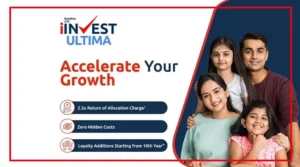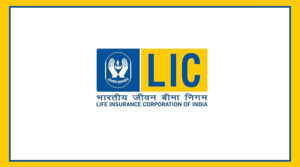Not everyone can invest large sums of money, but even small contributions can build wealth over time.
Students, gig workers, and daily wage earners are now using Micro SIPs to create a strong financial cushion.
Investing as little as ₹10 or ₹50 a day can make a significant difference over the long term.
Micro SIPs, or Micro Systematic Investment Plans, have made mutual fund investing accessible to small investors.
Financial advisors say that consistent small investments benefit from compounding, gradually turning tiny amounts into substantial savings.
How Micro SIPs Work
A micro SIP is similar to a regular SIP but requires much smaller investments.
While a traditional SIP may start at ₹500 per month, a micro SIP can begin with just ₹50 or ₹100.
Investors can contribute daily, weekly, or monthly, depending on their convenience.
This flexibility makes it easier for small investors to participate without financial strain.
Big Growth from Small Investments
Even tiny contributions can grow significantly:
₹10 daily → ~₹300/month → over ₹25,000 in 5 years at 12% annual return
₹20 daily → ~₹600/month → ~₹50,000 in 5 years
₹50 daily → ~₹1,500/month → over ₹1 lakh in 5 years
These examples show how small, consistent investments can lead to big outcomes over time.
Why Micro SIPs Are Ideal for Small Investors
Micro SIPs are perfect for those with low or irregular income.
Students can save while studying
Gig workers can invest part of their earnings
Daily wage earners can grow a corpus with small daily contributions
The biggest advantage is that micro SIPs are affordable and accessible for everyone.
The Power of Compounding
The real magic of micro SIPs lies in compounding.
Returns earned are reinvested, which generates even more returns over time.
The earlier you start, the bigger the long-term benefits.
Micro SIPs can help fund retirement, children’s education, or any other major goal, even if you start with small amounts.
Expert Advice
Experts recommend viewing micro SIPs as a long-term investment tool, not a way to make quick money.
They help small investors develop saving habits, gain confidence, and build discipline in financial planning.

























